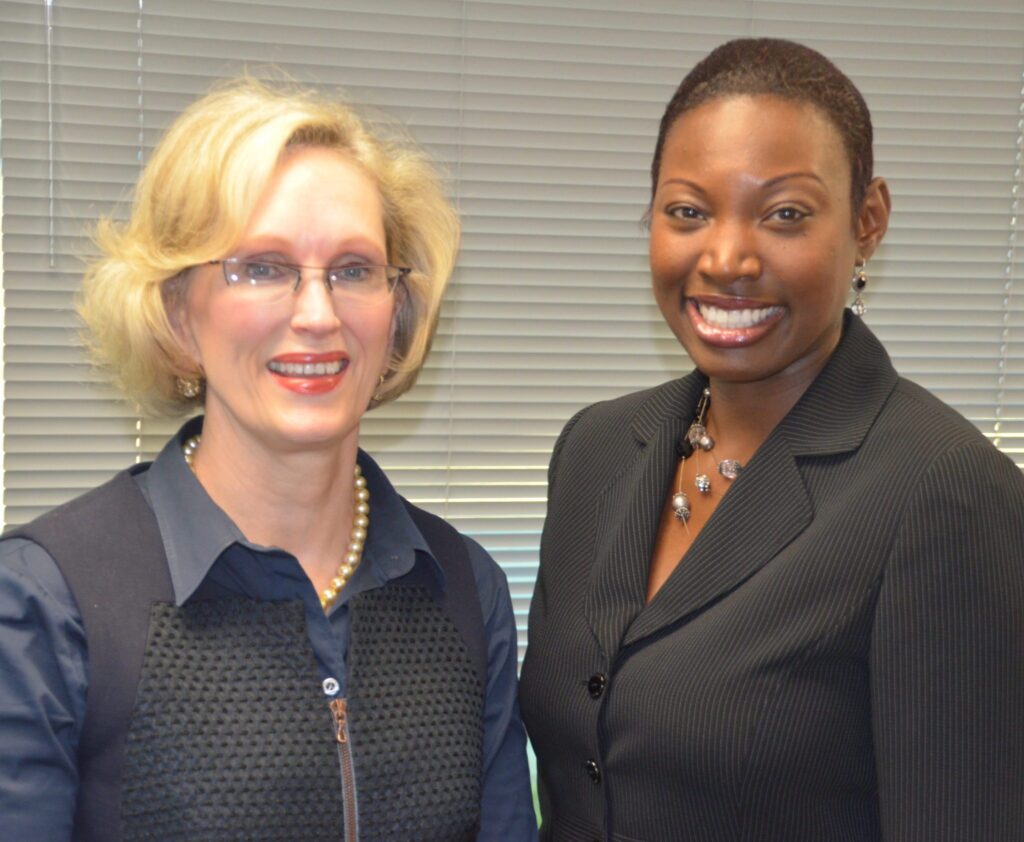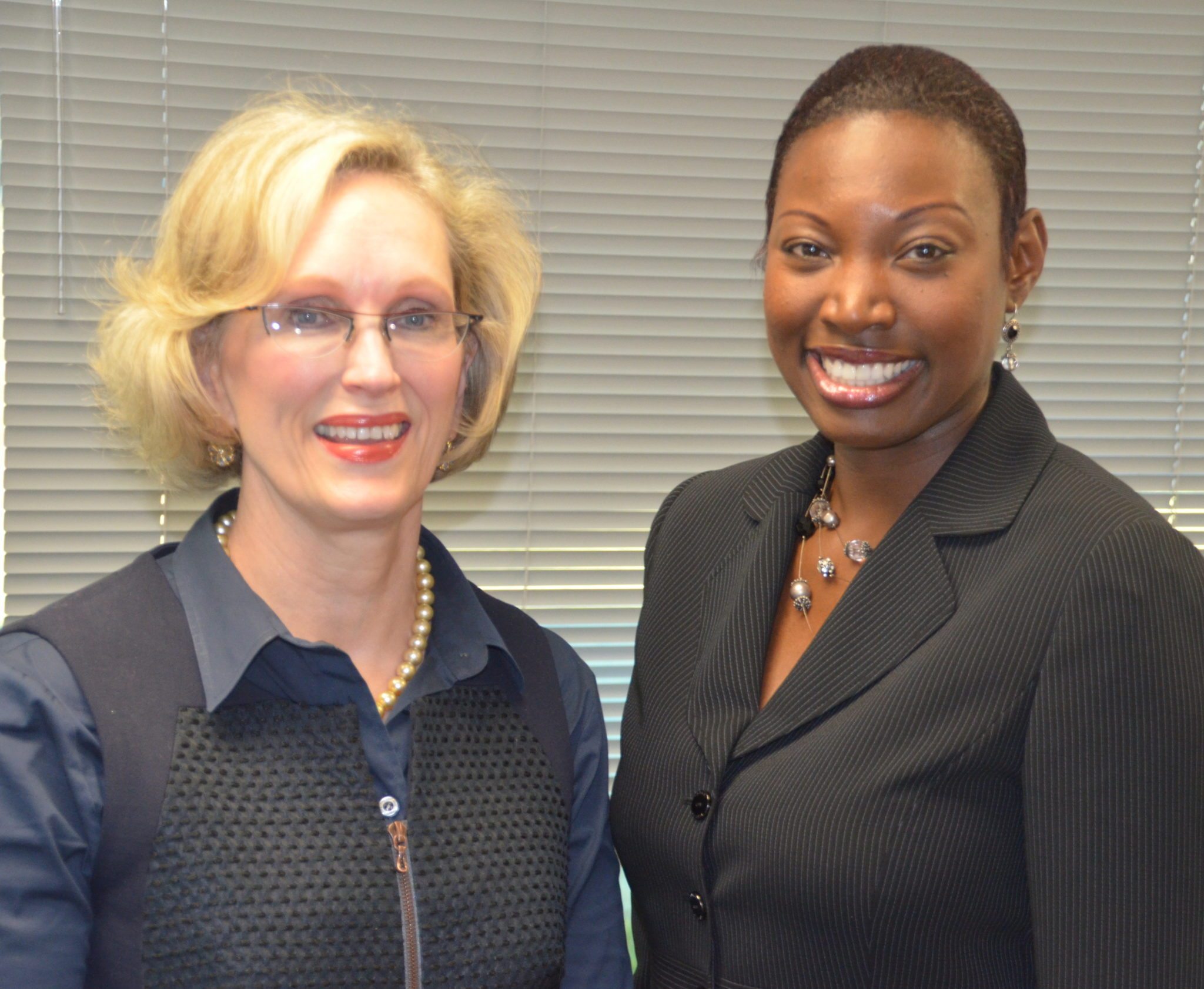Flexibility, Self-awareness Fuel Work/Life Integration

Work/life balance is always a hot topic of conversation, which is probably because no one has managed to completely figure out how to achieve it.
For most of us, managing our work lives and our home lives more closely resembles a tug-of-war than a perfectly balanced scale. At times, you’re a really great employee, and at other times, you’re really great at the other aspects of your life, whether that’s being a parent, a caregiver, a volunteer, a student, a friend or any other role you play outside of work. That tug-of-war often causes feelings of guilt for most of us.
I think the reality, and maybe the dirty little secret, is that you can’t fully achieve balance between these two areas. That’s why I prefer to aim for work/life integration. Every day, we make choices, and how those choices add up over time determines how balanced a life you lead.
When my husband and I were raising our two girls, and I was traveling between Chicago and Paris for work, I had to make a lot of choices, and I had to miss some things. I was fortunate to have a lot of help, and when I look at my children now, I feel like we raised two solid citizens. To me, that’s the measure of the choices we made.
My colleague at AmeriHealth Caritas, Director of New Business Activation Orien Barnes, has a similar outlook. She told me, “As a mother of younger children, one of whom has special needs, I think balance is in your perspective. I abandoned the idea that I could do it all, and instead, I learned to bend with our needs on that day.”
A flexible mindset is critical in managing busy schedules and keeping stress levels low. It makes me think of the balance poses in yoga. Each time you shift your weight, even a little, it affects how well you hold the pose. If you lose focus, you’re likely to tip over.
Each day – maybe even each moment – you decide where you want to place your weight. One decision that is critical in achieving integration is how important your work will be in your life. If you set a goal and an expectation for how much weight you want to shift into your work life, you can plan accordingly. If you aren’t sure of your end game, you may wind up slowly working more and more, and finding less and less integration in your life.
As employers, it’s important that we give our employees the opportunity and the tools to make those decisions in a way that benefits both the company and the individual. For instance, offering telecommuting options for some positions can enhance employee engagement and productivity.
For Orien, who has a two-hour commute each day, the flexibility of working from home lets her take care of her family and do her work well. As Orien said, “It’s okay for mothers to enjoy working. I like my job and interacting with adults, and I like being a mom. When I’m on ‘mom time,’ that’s my focus. When I’m on ‘work time,’ that’s my focus.”
The option to telecommute gives Orien the ability to achieve that focus along with better work/life integration. Flextime, telecommuting and other approaches can alleviate employees’ feelings of guilt, and let them place appropriate amounts of weight behind their work efforts and their home lives.
Of course, these approaches don’t work for every role, and not every company offers these options. If you find yourself in a place where you can’t find integration between work and home, and if that situation is making you unhappy, it might be time to explore new opportunities. I always say – socks, shoes, job – these are the things we can change.
Start by asking yourself what kind of work makes you feel passionate. When your job gives you the opportunity to live your passion, you tend to feel more balanced, regardless of where or when you put in your workday. But if you feel trapped in a job, you won’t find balance or integration.
Ultimately, the key to achieving integration is self-awareness. Just like in yoga, when you are aware of your posture and your breathing, it’s easier to hold the balance poses. In life, when you’re aware of what makes you happy or unhappy, you’re able to make those small shifts in weight that help you achieve the right mix.
Elizabeth L. Reeves is the senior vice president and chief human resources officer for AmeriHealth Caritas.
